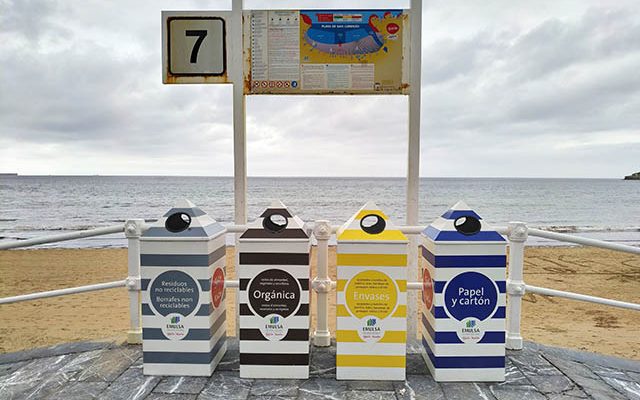Introduction
Plastic is a fantastic material. It’s durable, versatile and doesn’t degrade easily. However, it is also one of the most common types of waste found in landfills around the world. This is because plastic is difficult to recycle and it can be hard to find somewhere that will take your old plastic. That said, there are lots of places you can take your old plastics for safe disposal. Sometimes the cheapest skip bin hire Adelaide provides better quality of bins that lasts long.
Safety Disposal Of Plastic – What Are You Supposed To Do
You can find out where you can take your plastic waste using the Recycling Locator on our website.
If you have old electricals, you should not throw them in the bin. Please dispose of them safely by taking them to a local recycling centre or using the yellow bag provided for free by your council.
If you don’t know what type of plastic something is made from or aren’t sure if it’s recyclable or not, please check with us before discarding it as we’ll be able to advise if further cleaning is required and whether it’s safe to recycle this item.
Recycle plastic bags and containers.
You can recycle plastic bags and containers at the supermarket.
Plastic bags can be recycled in the same way as paper shopping bags, and your local supermarket will usually have a bin for them near the entrance. If you’re not sure where to put them, just ask an employee or look around until you find it!
Plastic containers can also be recycled at supermarkets—usually on shelves marked “Recycling.” If you are unable to locate this area of your local store, simply ask an employee where they would go if they wanted to recycle their plastic bottles. Most stores will have instructions on what types of plastics are accepted and where they should go (for example: outside with other trash or inside with recyclable items).
Drop plastic bottles in a bottle bank.
- Drop plastic bottles in a bottle bank.
- Recycle them in your blue recycling bin, or take them to a local recycling centre.
- Check with your council as to whether they accept plastic bottles as part of their kerbside collection service.
Take old electrical to your local council’s recycle centre.
Your local council may provide a free collection service for old electrical items. It is also worth checking whether your council offers a free collection service which includes televisions and computer monitors.
Some councils also offer a free collection service for old fridges and freezers.
Take other plastic items to the recycling centre.
- Take other plastic items, such as bags and containers, to the recycling centre.
- Take your plastic bottles to the recycling centre.
- Take old electrical items to your local council’s recycle centre.
Find your nearest household waste recycling centre.
You can find your nearest household waste recycling centre by searching online. The website of the Environment Agency, which is responsible for the disposal of waste in England, Wales and Northern Ireland, will give you a list of local recycling centres and what they can recycle. If there are no facilities nearby that accept your plastic waste then contact your council to see if they have an alternative solution such as a plastic-only collection day or an outreach service that will take it away from you in person.
You can dispose of your plastics in a number of ways, depending on what they are.
You can dispose of your plastics in a number of ways, depending on what they are. If you have plastic that is not recyclable or hazardous, you can throw it away with regular trash. If the plastic contains hazardous materials, you should contact your local waste management company to determine whether there are any special regulations for disposing of it. If a piece of plastic is neither recyclable nor hazardous and does not contain paint (such as an old milk jug), then you may be able to toss it into your recycling bin but still consult with the proper authorities first before doing so.
Conclusion
The best way to dispose of your plastic is by recycling and reusing it. If you can’t recycle it or reuse it, then you should throw it away in the correct bin. Click here to use this guide in disposing chemical.
